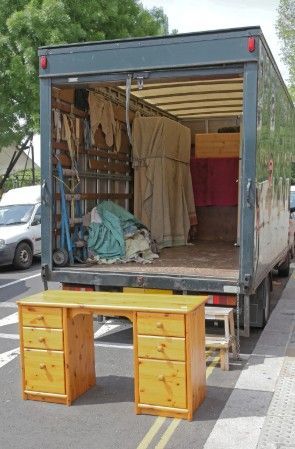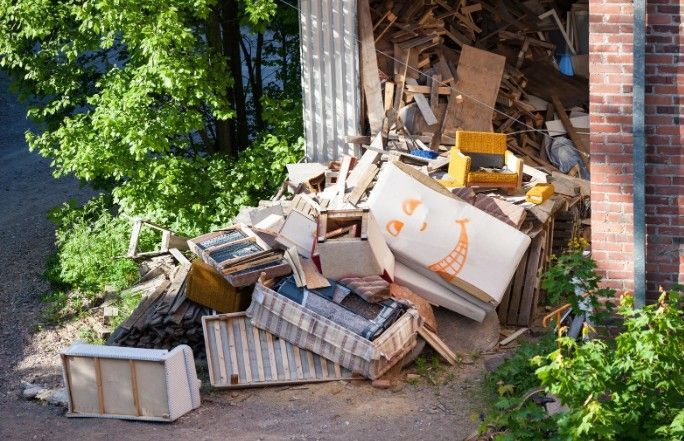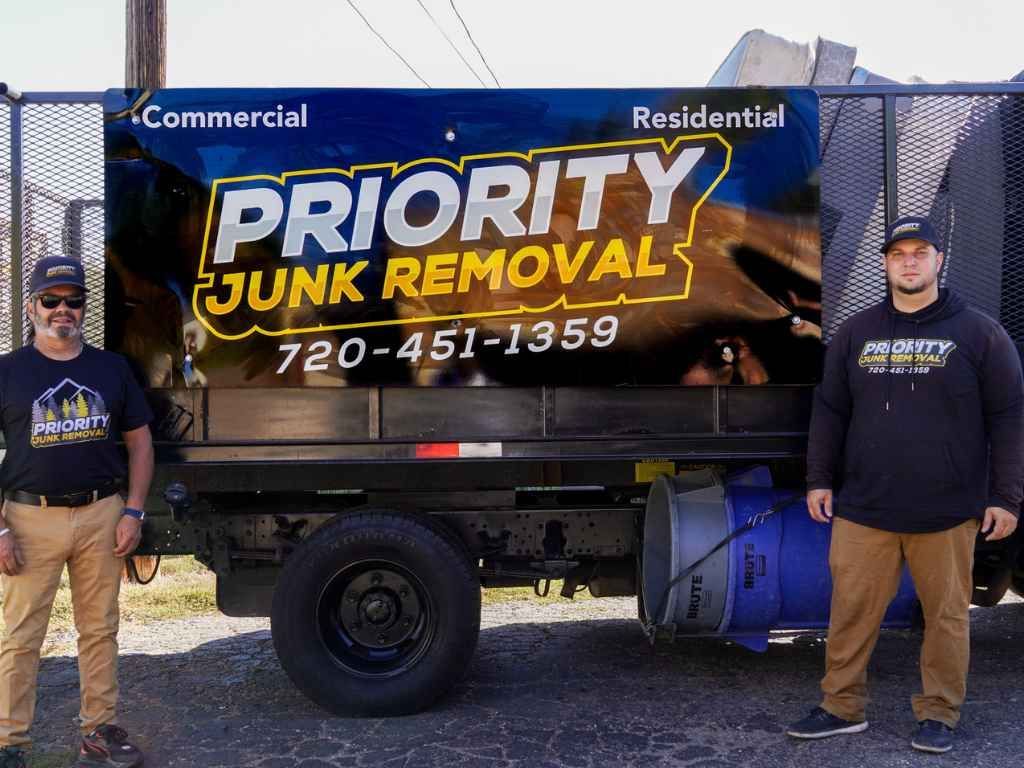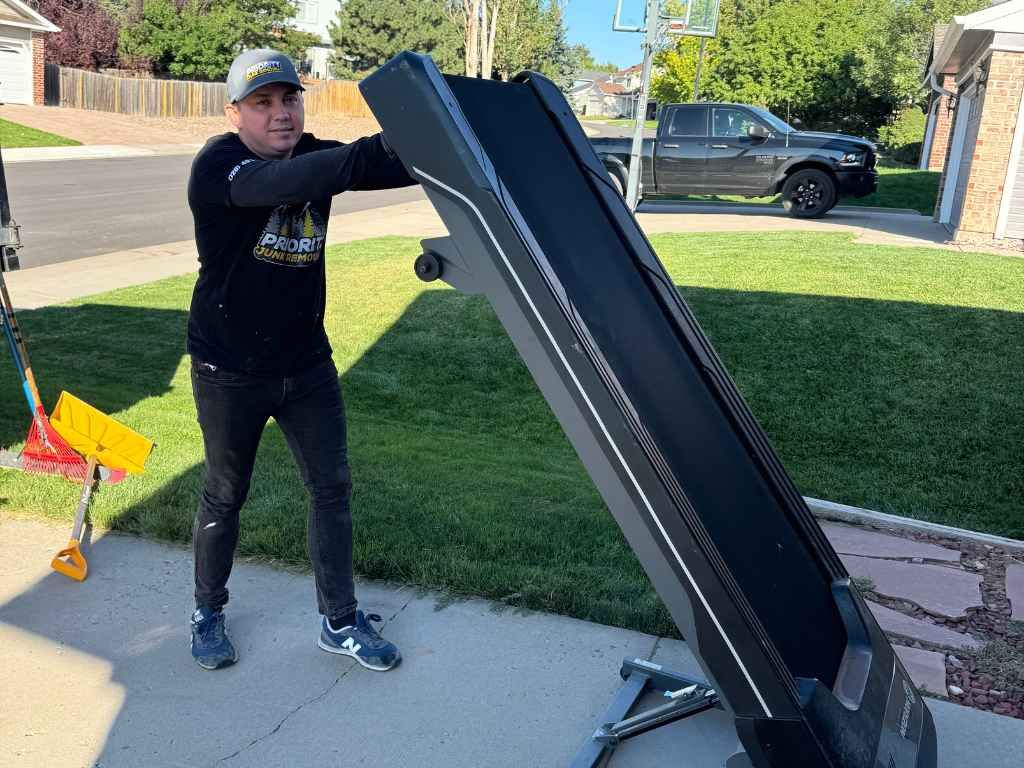How to Handle Old and Unused Office Equipment
Dealing with old and unused office equipment is something that many businesses face, but it’s also a necessary part of maintaining a clean, efficient, and clutter-free work environment. Whether you’re transitioning to new equipment, downsizing, or just decluttering your office space, knowing how to handle outdated devices can make all the difference. Proper disposal or repurposing of your office equipment not only benefits the environment but can also improve your office’s efficiency and aesthetic appeal. In this guide, we will explore the best practices, ethical considerations, and creative solutions for managing unused office equipment in a way that benefits your business and the planet.
The Hidden Costs of Old Office Equipment
It’s easy to overlook the clutter of old office furniture, outdated technology, and broken-down appliances that gather dust in the corner. However, these items can add up in ways that might surprise you. If you’re holding onto equipment that no longer serves a purpose, it’s costing you space, energy, and sometimes even money. Over the years, office equipment—whether it’s printers, fax machines, computers, or desks—can accumulate, each piece slowly becoming a part of the backdrop in your office.
Real estate in your office is precious, and as your company grows or your business needs evolve, you may need to maximize every square foot of available space. Furthermore, old equipment can be inefficient. For example, outdated printers or copiers use more energy and produce more waste, which directly impacts your business’s bottom line. Technology, especially, becomes obsolete quickly. The software on older computers might no longer be supported, leading to a greater risk of security vulnerabilities.
Assessing What to Keep, Donate, or Dispose
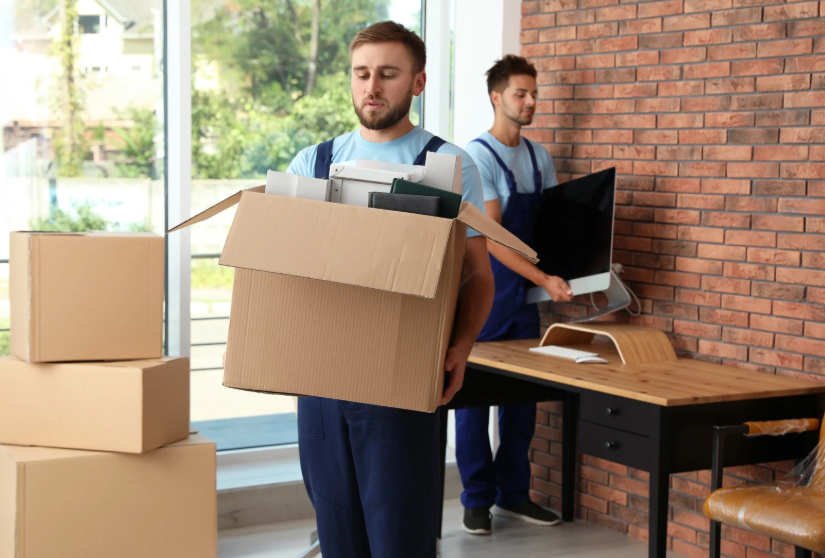
Before deciding what to do with your old office equipment, it’s essential to perform an assessment of your assets. A well-structured approach is crucial to ensure that everything is accounted for. Ask yourself: Is this item still functional? Does it provide any value to the business, even if it’s only a backup or used occasionally? If an item is still in good working condition but is no longer necessary for your day-to-day operations, consider donating it to a local non-profit or school.
Many organizations can benefit from the gift of functional office equipment, and you might be able to write it off as a charitable donation. On the other hand, if the equipment is outdated or no longer working, it might be time to recycle or dispose of it. Some equipment, like old computers or printers, contains harmful chemicals and materials that need to be disposed of responsibly. Never throw electronic waste (e-waste) in the trash. Instead, research your local e-waste recycling options, which ensure these materials are safely broken down and reused where possible.
Repurposing Your Old Equipment
If you find that some equipment still holds value but you no longer need it for its original purpose, repurposing is a great option. Many office items can be creatively reused in other ways to serve new functions. For example, old filing cabinets can be repainted and transformed into stylish storage solutions for your home or garage. Old desks might make perfect workbenches for DIY projects, and outdated computer monitors can be converted into digital picture frames or even second-screen monitors for personal use.
Repurposing is also an environmentally friendly alternative, as it reduces waste and minimizes the demand for new products. By breathing new life into your office equipment, you’re reducing your carbon footprint while creatively solving problems. The best part? Repurposing doesn’t always require a lot of skill—sometimes a simple coat of paint or some minor adjustments can give your old equipment a whole new purpose.
Sustainable Disposal of Equipment
If your equipment is truly beyond repair or reuse, it’s time to turn to professional disposal services that ensure a sustainable approach to waste. Disposing of old office equipment responsibly is not only good for the environment but can help you avoid potential fines or penalties for improper disposal. Many office equipment manufacturers and retailers now offer take-back programs, where you can return old products for proper recycling.
These centers are equipped to process and break down electronic waste in a way that prevents harmful materials from entering landfills. If you’re unsure where to take your unwanted office items, reach out to a junk removal company that specializes in the responsible disposal of office equipment. Many companies, like Priority Junk Removal, will help you sort through your old items and ensure they are disposed of in compliance with environmental standards.
Donating Office Equipment
There are countless ways to give back to your community by donating unused office equipment. Non-profit organizations, schools, and small businesses are often in need of equipment that you no longer require. By donating your old office items, you’re helping others get the resources they need without having to spend large amounts of money on new items. Non-profits, in particular, benefit greatly from donated office equipment, especially if they are just starting up and have a limited budget. Providing them with desks, chairs, and computers can help them operate more effectively and efficiently.
Schools may also accept donations of old equipment like printers and whiteboards for classrooms. Small businesses looking to cut costs might be happy to receive items such as unused office supplies or working equipment. When donating office equipment, always ensure that the items are in good condition. A broken printer or non-functioning computer won’t be helpful to anyone. Many organizations also require that the items be cleaned or refurbished before being donated, so consider this before reaching out.
Selling or Trading In Office Equipment
I
f you find that your old office equipment still holds value but isn’t quite ready for donation or disposal, selling it or trading it in can be a good option. Many businesses and individuals are constantly looking for second-hand office furniture, electronics, and supplies at a lower price. Selling your used equipment can help recover some of the original cost, which can be reinvested in upgrading your office space.
There are various online marketplaces and platforms where you can list your old office equipment for sale, including eBay, Craigslist, or Facebook Marketplace. Make sure to be transparent about the condition of the items and include clear photos to attract potential buyers. Another option is to check if any local office supply stores or furniture retailers offer trade-in programs, where they accept your old equipment in exchange for discounts on new purchases.
Creating a Long-Term Office Equipment Management Plan
After clearing out old and unused office equipment, it’s important to stay proactive to avoid future clutter. A well-maintained office space improves efficiency, reduces stress, and creates a more professional environment. By adopting a structured plan, you can prevent unnecessary buildup and keep your office running smoothly.
Schedule Regular Inventory Checks
Set a consistent schedule to review your office equipment, whether quarterly or biannually. This helps you stay on top of what’s being used and what’s gathering dust. Keep track of the condition of each item and replace or repair anything that’s no longer functioning properly. Regular checks prevent clutter from building up and keep your office efficient.
Educate Your Team
Encourage employees to maintain a clean and organized workspace by helping them understand the benefits of reducing clutter. When everyone takes responsibility for their work area, it’s easier to maintain order. Provide training or guidelines on how to manage equipment effectively and only keep what’s necessary. A tidy workspace leads to better focus and productivity.
Adopt a Smart Purchasing Policy
Before purchasing new office equipment, assess your long-term business needs. Avoid impulse buys and instead focus on quality and sustainability. Look for energy-efficient models, ergonomic furniture, and multi-purpose devices that can reduce costs and environmental impact over time. Thoughtful purchasing ensures that new equipment adds value rather than creating more clutter.
Create a Designated Storage Area
Establish a well-organized storage area for office supplies and equipment. Use shelves, bins, and labels to keep everything easy to find and access. Make sure employees know where to return items after use. A clear and organized system prevents items from piling up on desks and common areas, improving the overall flow of the office.
Implement a Recycling and Disposal Plan
Set up a clear process for recycling or disposing of outdated or broken equipment. Partner with a local recycling center or disposal service to make the process easy and environmentally friendly. Encourage employees to follow the plan and avoid stockpiling broken or unused items. A consistent recycling and disposal system keeps your office organized and sustainable.
Conclusion
Old and unused office equipment may seem like a simple nuisance, but it’s an opportunity to reflect on how your business operates and to make decisions that positively impact your bottom line and the environment. Whether you choose to donate, repurpose, sell, or recycle your old items, each decision contributes to a more sustainable and organized office space.
If you find yourself overwhelmed with outdated equipment and need assistance in handling the disposal or donation process, consider reaching out to a junk removal service. Priority Junk Removal, based in Littleton, Colorado, offers reliable and eco-friendly solutions for removing and disposing of old office equipment. Let professionals help you clear the clutter and create a more efficient workspace. For inquiries, contact Priority Junk Removal at 720-451-1359 or via email at priorityjunkremoval@gmail.com.

